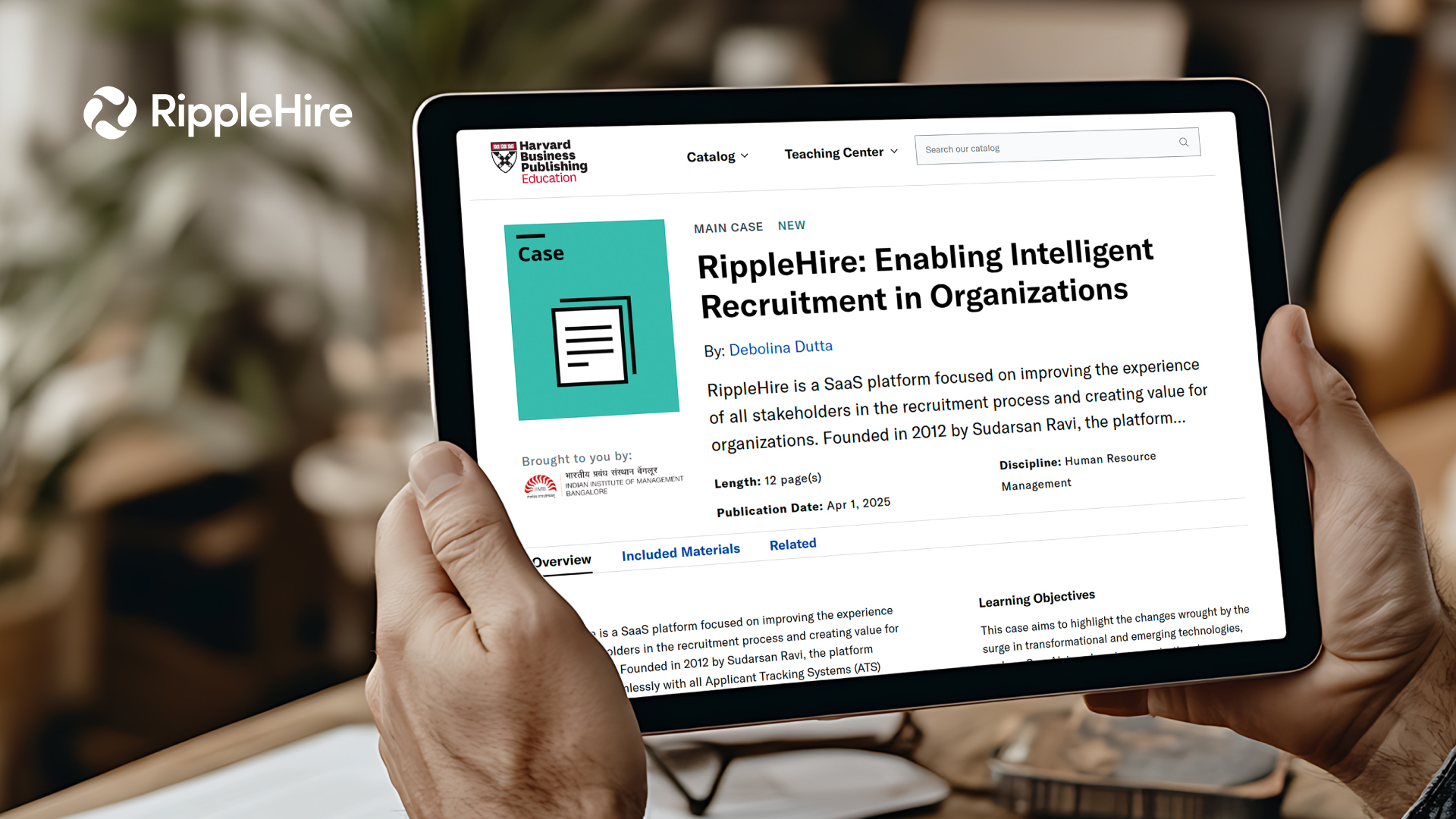What Should a Recruiter Look for in a Remote Workers CV?
Ever wondered why so many candidates who have a great track record working from within office premises turn out to be such bad remote hiring decisions? After all, the kind of work that is being done remotely is not that different from the work done in an office environment. And the compensation is pretty much the same as well.
Actually, it is because there are some qualities required to succeed working remotely, which are not essential while working from an office – and vice-versa.
So what are these qualities, and what is it that recruiters need to look for in a remote worker’s CV to make the best remote hiring decisions?
Read on..
Experience in a remote working setup
While over the past year and half, a lot of people have been working remotely, you should still look for this particular feature in the candidate’s resume. This is because candidates who have been successful working remotely are likely to repeat the success in the same setup. And those who have never worked remotely before will need to be assessed based on other qualities and characteristics as well.
Self-starter
Even though this sounds obvious, it can be incredibly hard to judge. Most people will claim to be self-starters anyhow. Of course, you will need to ask them the right questions during the interview to judge whether it is the truth. But if they are able to showcase this quality in their resume by mentioning instances where they have proactively solved problems, or even avoided them, you should probably not overlook that CV.
Self-organized
In a remote working environment, the candidates that are easiest to manage are the ones who manage themselves. In terms of the tasks at hand and short-term goals, efficient prioritization is an important quality. Your remote employees need to be good at time management as well.
Self-discipline is best achieved through proper prioritization and timely execution.
Clarity of thought and purpose
A clear-minded employee will not only be easy to communicate with, but will also give you much needed clarity on what can be expected and what can be not. Even if they say ‘no’ every now and then, it is better than them saying ‘yes’ all the time and simply not being able to deliver on time. You wouldn’t want a yes-man who promises the moon but constantly misses timelines.
Respect for the job
For an employee to be successful at a remote job, commitment is super-critical. And employees who value their job immensely will surely be highly committed. You can judge a candidate’s commitment by asking a pointed question such as:
“How would you deal with a situation when you feel your work is being undervalued?” If they hint that they might walk away, you are not talking to a committed person. If they say that they will hang in there and present their point of view, it is a person who is likely to be very loyal.
Excellent communication skills
Both verbal and written communication is important, and it needs to be clear and meaningful. Candidates with grammatical errors in the CV’s are a strict no-no.
Since most of the communication will happen over emails, telephone calls, online meetings, and chat engines, written and oral communication needs to be excellent. This is an easy one to judge, and you can assess it by listening to a candidate for no more than a couple of minutes.
Technologically adept
The candidates need to be capable of working with tools such as chat engines, workforce management software, shared workspaces, and many others. So if you run into candidates who do not know how to share a Google doc online, then you are on the wrong track. You need to devote a couple of questions that will reveal it if the candidate is technologically challenged.
Dealing with uncertainty
Since most companies do not have any definite onboarding programs for remote hiring, the candidates you hire should have a common sense approach towards their work. It is not possible to micromanage employees in a remote work setup. Also, they need to be able to make decisions independently while working on tasks rather than waiting for the supervisor to spell out every task in intricate detail.
Situational leadership
While this is not always a critical skill, it does come into play every now and then while working remotely. For instance, on days when the project manager is not available, the employees need to step up and play their part in keeping the show going without hiccups. And putting the team ahead of personal interests is always an integral quality.
Reliability and trustworthiness
Look for mentions in the CV of instances where the candidate has met deadlines through a meticulous approach. Once a job is given to them (with mutual consent of course), you should be in a position to trust that the job will be done in time, with good enough quality. So a reliable and trustworthy employee is worth her weight in gold.
Final considerations
While these qualities go a long way in ensuring that an employee will be successful working remotely, there is no magic formula to make it actually work. A lot depends on the quality of leadership and efficiency of the support functions as well.
But with the right amount of training and enablement, you will find that these qualities will contribute heavily towards the remote workers bringing success to the company through their work.
Good luck!






